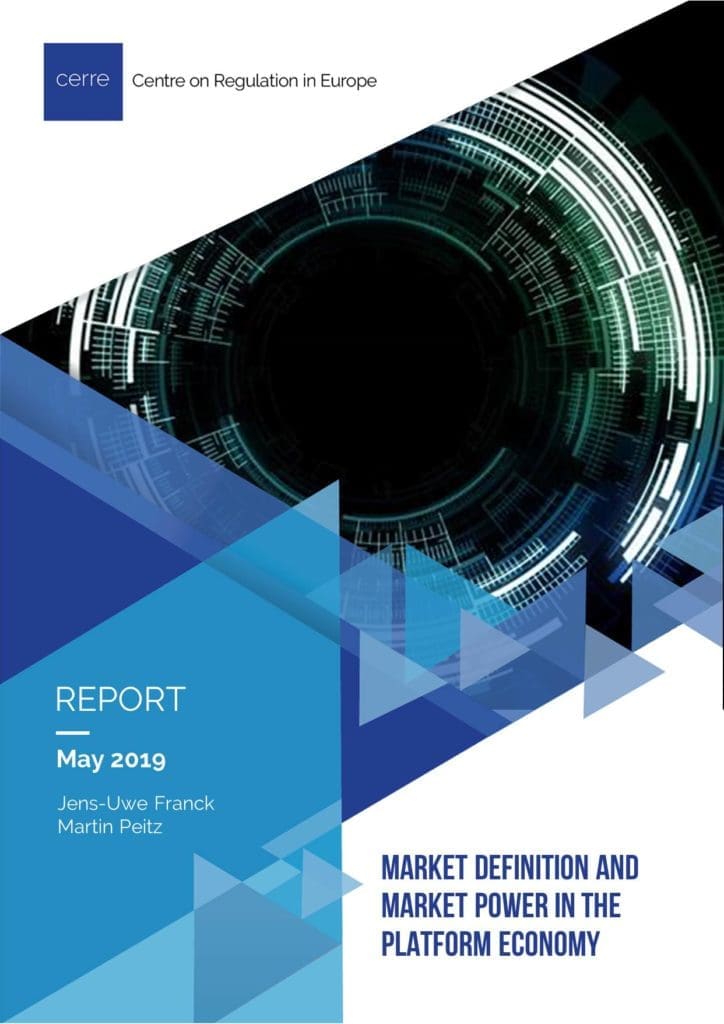University of Mannheim
Jens-Uwe Franck is Professor of Law at the University of Mannheim and Senior Member of the Mannheim Centre for Competition and Innovation.
While his main research focus is in the field of competition law, he regularly engages in research projects on cross-cutting issues that concern the legal constitution of markets.
His research is characterised by a comparative approach and an openness to interdisciplinary work, particularly collaboration with economists. Current research projects focus on the challenges to market regulation posed by the rise of digital platforms.
Jens-Uwe Franck is Professor of Law at the University of Mannheim and Senior Member of the Mannheim Centre for Competition and Innovation.
While his main research focus is in the field of competition law, he regularly engages in research projects on cross-cutting issues that concern the legal constitution of markets.
His research is characterised by a comparative approach and an openness to interdisciplinary work, particularly collaboration with economists. Current research projects focus on the challenges to market regulation posed by the rise of digital platforms.



